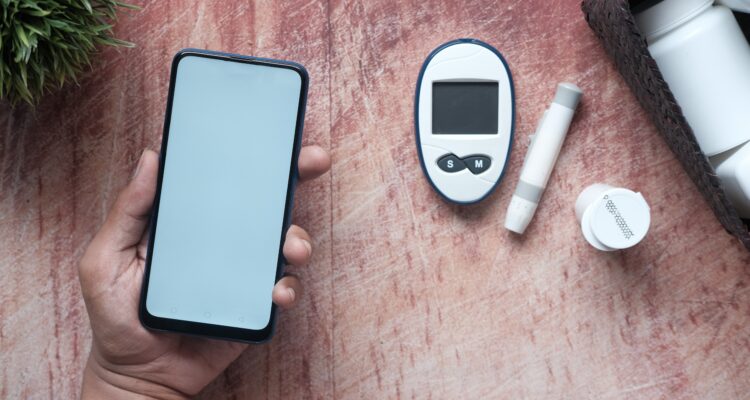
Diabetes is a medical condition that causes too much sugar to exist in your blood. If it’s not treated properly or goes undiagnosed, it can lead to serious health problems further down the line.
Reducing and preventing diabetes is certainly something you want to be proactive about when it comes to your own personal well-being. Of course, there are many people that live with and manage their diabetes without impacting their quality of life.
However, if you’re able to prevent or reduce it, then this can certainly be something to take advantage of. Here are some tips that are worth knowing. Always speak with your doctor before making major lifestyle changes.
Eat healthier foods
Firstly, make sure you’re opting to eat healthier foods. This is a great way to ensure your body is getting the nutrients it needs.
It’s not just diabetes that has been linked to a diet high in refined sugar, fizzy drinks and white flour products. A poor diet can impact physical and mental wellbeing in a wide number of ways, from cardiovascular health to anxiety disorders.
Aim to be more mindful of what you’re eating on a daily basis, focus on fresh whole foods and hopefully, you’ll be able to keep your risk levels of diabetes to a minimum.
Try to lose weight where necessary
Losing weight is a good way to help avoid many types of medical conditions and diagnoses. A contributor to diabetes is weight and if you’re overweight, then this could put you at a higher risk of diabetes further down the line.
With that being said, it might be worth looking at losing some weight in order to mitigate those risks. While it might not prevent it for some people, it may be possible for others.
Ideally, you want to keep yourself between 18.5 and 24.9 on the BMI scale.
Skip any fad diets
Fad diets are something that many people will pick up in the hopes of losing weight quickly or changing their figures in a drastic manner.
These types of diets aren’t sustainable and for many, they can actually lead to nutrient deficiencies or other health problems. Try to skip any fad diets that lure you into a false narrative and promise of better results.
Get checked by a health professional regularly
To help reduce and prevent diabetes, it’s good to know how to monitor your blood glucose levels, especially if you’re prone to getting diabetes now or in the future.
That’s why it’s important to get checked out by a healthcare professional. For medical care for illness or injury that’s not life-threatening, it’s good idea to keep phone number and address details on hand for AFC Urgent Care.
Cut sugars and refined carbs out of your diet
Finally, while it’s not always a case of diabetes being contributed by high intakes of sugar, it’s good to take a look at your diet in general. Try to cut down or cut out refined sugar and refined carbohydrates out of your diet where possible. Avoid sugary drinks, fruit juices and processed foods in favour of whole fruits, veggies, lean protein sources, legumes, nuts and seeds.

